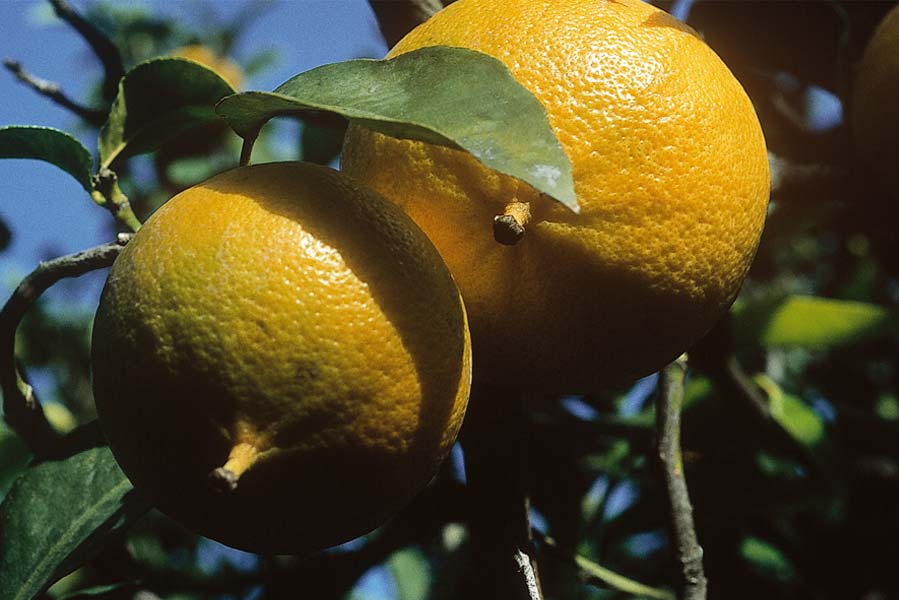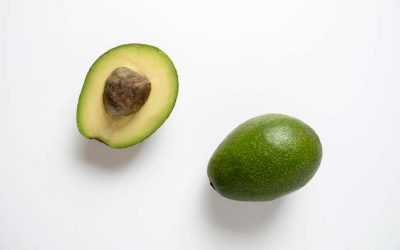I hope you’ve managed to recoup some summer energy after last week’s newsletter. This week, I’m switching gears to a topic that keeps cropping up in natural health circles – cholesterol, statins, and who really stands to profit.
The headlines are everywhere, pushing for wider statin use and lower cholesterol targets, often backed by studies funded by the very companies set to benefit. But when real-world outcomes don’t match the hype, and risks are quietly swept under the carpet, we have to ask: Is this really about public health, or profit?
Are Computer Simulations Leading the Way?
You’ve probably noticed it too – the media is suddenly full of bold claims that hundreds of thousands of heart attacks and strokes could be prevented each year if more people took cholesterol-lowering drugs.
The word could is doing a lot of work here. Because if you look closely at the studies behind these headlines, what you’ll often find isn’t new clinical data, but computer simulations funded by pharmaceutical companies. These models project what might happen in an ideal world where everyone takes the drugs as prescribed, experiences no side effects, and gets the full benefit. But we know life and medicine rarely work like that.
A recent paper, funded in part by Merck and co-authored by Merck employees, claimed that up to 88 per cent of adults aged 40 to 75 should be on some form of cholesterol-lowering medication. Some of these drugs cost over £10,000 a year. The model projected significant reductions in cardiovascular events and billions saved in healthcare costs – yet it didn’t factor in any of the real-world downsides. Muscle pain, brain fog, liver strain, increased diabetes risk – all completely left out.
To me, this exemplifies the pharmaceutical model in action. Fund the research. Set the criteria. Inflate the risk. Model the benefit. Ignore the harms. Then push for tighter treatment guidelines, while portraying anyone who questions the narrative as anti-science.
But here’s the truth in this instance. Cholesterol is not the enemy. It helps build hormones, supports brain health, and repairs cells. While very high levels can be a concern, more and more research suggests that LDL cholesterol on its own is not a reliable predictor of heart disease. The real drivers are things like inflammation, insulin resistance, poor diet, lack of exercise and long-term stress. These are the factors we should be focusing on.
Natural Alternatives That Actually Work
Like many of you, I prefer to address health concerns through nutrition and lifestyle wherever possible. And when it comes to heart health, there are natural options with solid evidence behind them, without the long list of side effects.
One of my favourites is Bergamot extract, a citrus fruit rich in polyphenols. Studies show it can help reduce LDL and triglycerides while supporting blood sugar balance and healthy cholesterol ratios. It’s not about getting rid of cholesterol, as our bodies need it, but keeping it in balance and protecting it from damage, which is what really matters for heart health.
Other nutrients worth considering include nattokinase, which supports circulation and healthy blood pressure, and krill oil, which can improve the overall lipid profile thanks to its anti-inflammatory omega-3 fatty acids. Magnesium is also key, as it supports heart rhythm, blood vessel health and inflammation regulation.
For anyone already taking statins, it’s essential to combine them with CoQ10 to help reduce the risk of fatigue and muscle aches, a common side effect that many people experience.
Final Thoughts
It’s time we started asking some serious questions. If these medications are truly effective, why do we need computer simulations to make the case? Why is the answer always another drug for more people, especially when that advice comes from those profiting the most? And why are diet and lifestyle changes, with their long-term benefits and minimal risk, so often overlooked?
I’d love to hear your thoughts. Have you used natural alternatives with success? Had an experience with statins – good or bad? Just hit reply and let me know. Your stories mean more than any model ever could.
Reference:
https://pubmed.ncbi.nlm.nih.gov/40586962/




